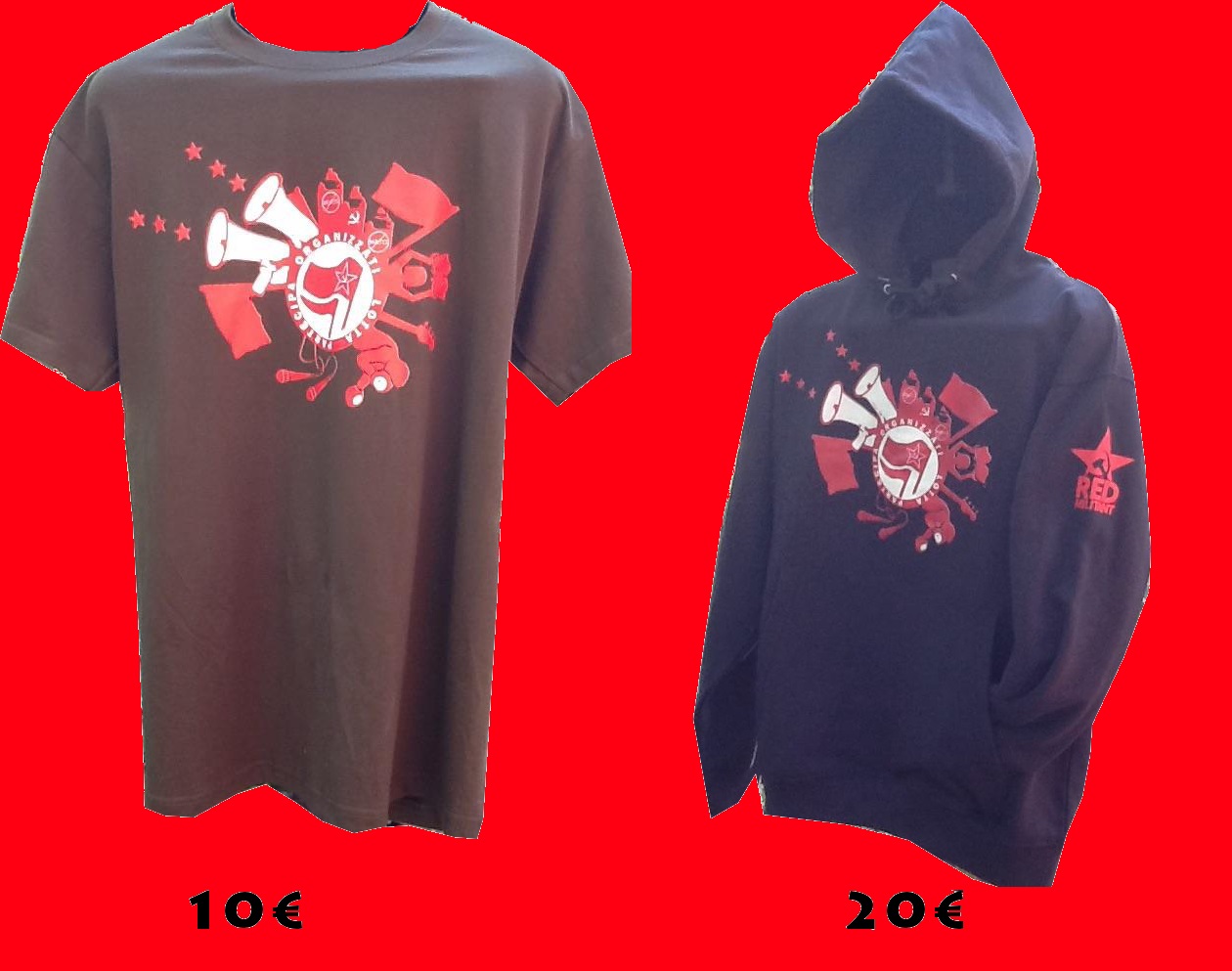Interview with the kurdish comrade Rojin Ozlem Tanrikulu
Below the interview that Red Militant organized with the presindent of the non profit organization UIKI, Rojin Ozlem Tanrikulu to who we are deeply gratefull. This interview aimed to share direct information on the points that we consider most important for the construction of a new social and political experience, starting from the liberated cities of Kurdistan, for the fights against the imperialism of every nation and against the Islamic terrorism.
The system of the Democratic Confederalism involves the active partecipation of citiziens, how does it work?
The system starts with a general assembly of the citiziens of the district that choose their representatives according to the size of the distric itself, for instance 35 people per district. The representatives have to stand for all the needs according to the themes choosen by the citiziens. The themes go from enviromental and ecological to amministrative and economical necessities. These representatives are chosen every month, and in every new reunion the work which has been done in the past month is examined and eventual mistakes are evaluated and discussed and taken into consideration for the future.
Those people are the representatives and the executive part of the district and reprensent a direct contact with the citizien. When there is a problem in a district, that involves the entire city, the representative will summit in the biggest city and from there will discuss how to solve the problem, according to the common necessities.
The system is made so that all the issues are discussed from the bottom and from the top, to actualize a complete integration of all the parties and a full partecipation.
The production involves locals and artisanal bases, so there is no large-scale production. How are the production and the distribution organized?
Regarding properties relations, do you have private property?
Yes, large-scaled production is not involved, our production is regulated instead with the system of the cooperatives.
The exceeds produced by the cooperatives doesn’t go to the privates, it becames a common property instead. Its distribution is then planned according to the needs of the people, that thanks to the citizien’s assemblies can expose their necessites.
Further more people living in difficult situations like unemployed people lacking specialization or families that lost an important member, during the citizien’s assembly receive help in the search for a job, to help them get their life again and find a place to stay.
The communty helps people in need, going beyong mere assistance, if they are unemployed they are taught a profession to be able to stand on their own.
This profession is found inside the cooperative, there is not a private property of lands or of the means of production.
What is the role of PKK inside these structures and for the liberated cities?
The PKK has the duty to form people. It owns military force to help in the liberation fight the citiziens, but it also has the responsability to educated citiziens and to divulgate democratical confederalism. The PKK does political education. This is made through popular academies in which all people can participate. Every social issue is faced, from economy to women emancipation, in the form of seminars to try to built something newand to analyze real problems.
In particular we have seminar of law, because we try to define the new legal issues to face while building this social model, where you study principles and models to apply, for instance concerning the issue of the prisons and the prisons system.
Anyway the popular accademies dont substitute schools and universities, they are an extra collective moment.
Did the PKK bring this model of the popular accademies?
Yes, because the PKK tried it first itself. So as it also tried the democratical confederalism model.
The PKK does not have a directive control of imposition on these experiences, but after having made them known and after having diffused the method it becames integrant part of it. The change in the paradigme has been done to establish a better connection with society. The PKK does not give directives, instead it is part of the “society workers”, and helps at par in the construction of this model, not as single player.
Is that a model similar to Chiapas? Which are the connection with these other experiences?
They are two different movements, each one with its differences. There are similarities but they are not the same, in middle-east we apply different models, where we decide to built and move forward, we don’t stay in the middle.
It is a hard gory context, of fights. We have studied the latin american models, now we sent there a group to start a collaboration, to learn and to teach, trough debates, not only in Chiapas but in other zone as well, in all the places where there are people without lands or States.
It can be that there are similarities, but is not important to make a comparison, but to take the experience as it is.
The Kurdish are important player in the middle-east, Do you think if a peace board would ever form, the kurdish would have their autority recognized? In case these experience would not be recognized, the kurdish would keep fighting or would accept to conform to the model choosen by the other forces?
It is an important question.
The principal issue is that all the international forces now realize they did wrong to divide the kurdish, because they proved they can organize and be ready to fight and organize those places democratically. The main problem is Turkey obviously, that propagandize the kurdish as they want to split the country and as separatists.
Now everything is different, the kurdish don’t want to create a model only for kurdish, they want to fight with the turkish beyond the national boarders.
Afterall the kurdish in Turkey have diversities compared to those in Sirya or Iran, so that the kurdish movement is not a nationalist movement, it wants to integrate and to unite instead.
The kurdish will not fight for the recognition of a kurdish State, but for the manteinance of the autonomy of the democratical confederalism where it has been built.
All the international forces know that the kurdish are important for a change in the middle- east, for their capacity of organize and drive forward society.
For sure they will try to use them for their interest, but the kurdish know enough to protect what they have built to not became slaves of the United States or others.
The kurdish will always fight for the democratic autonomy of people, even if the major forces try to split them apart giving more and more importance to some group and not to others, they will go on with their paradigm of cohexistence, to create a society for all, fully aware of the international games that are played by the major forces at the moment.
QUI la traduzione in italiano




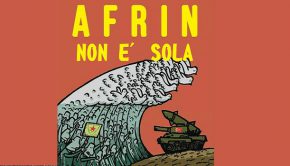
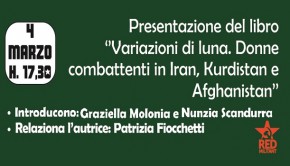
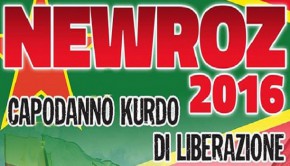
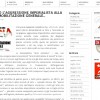
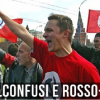

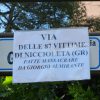
